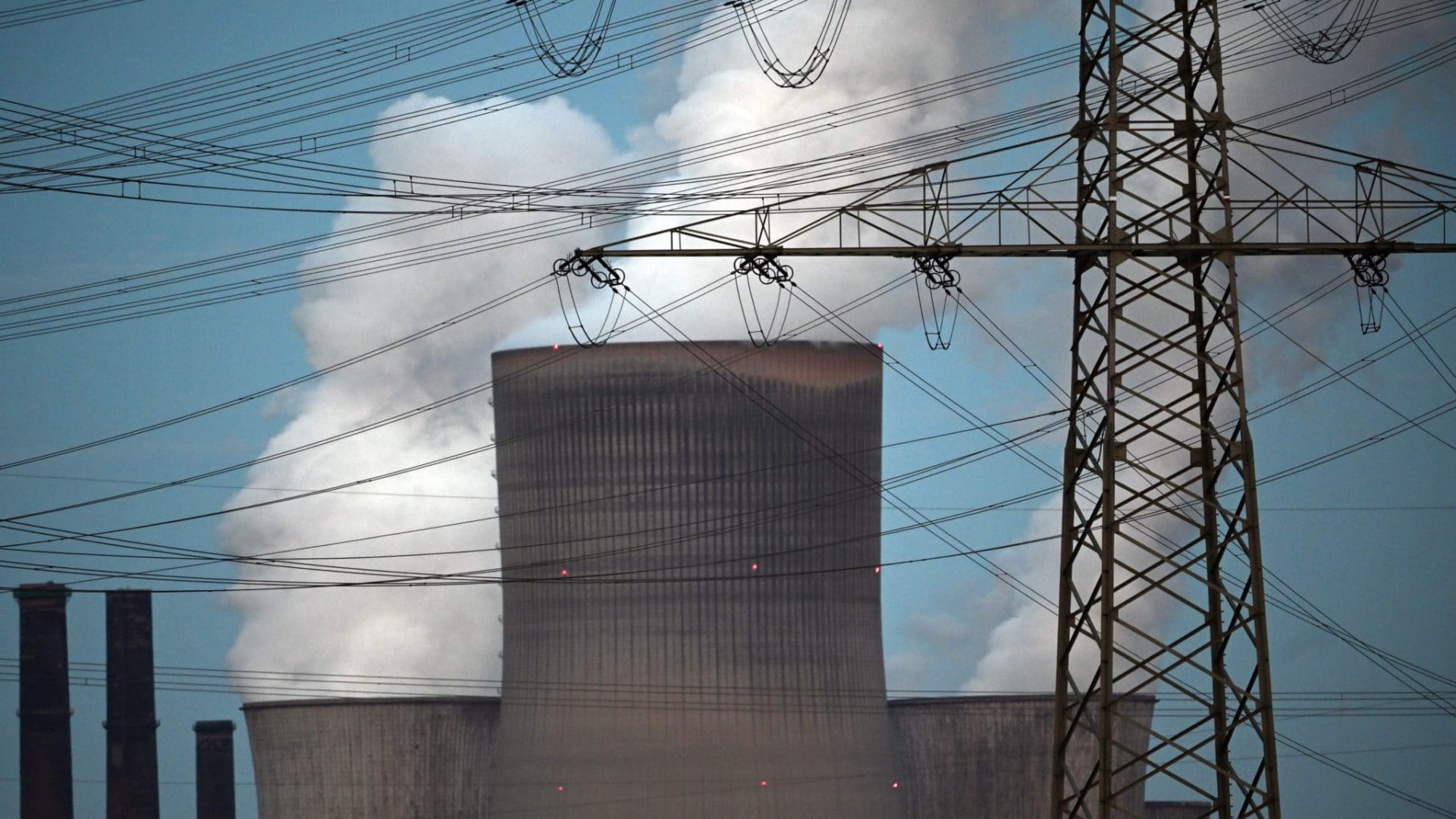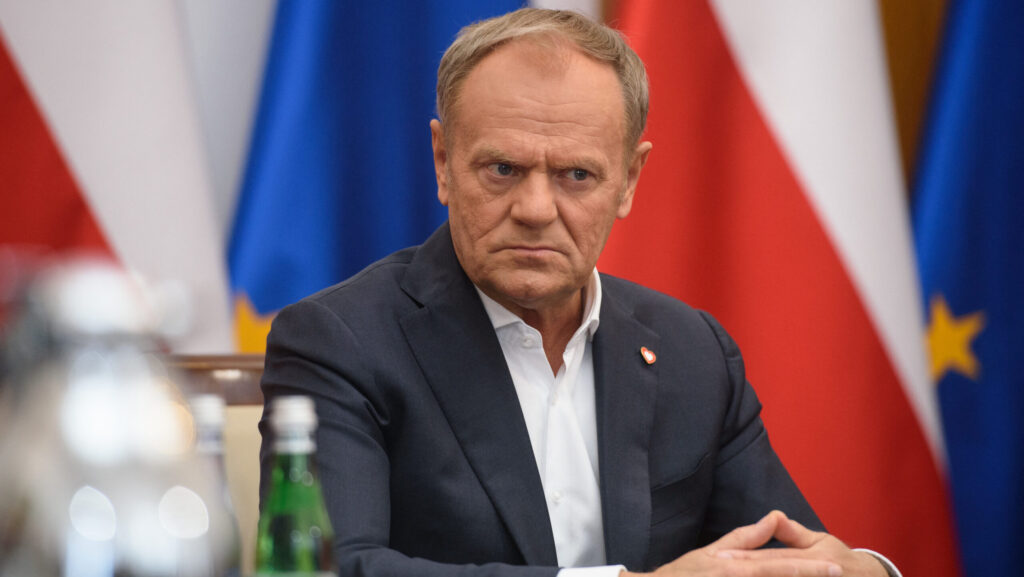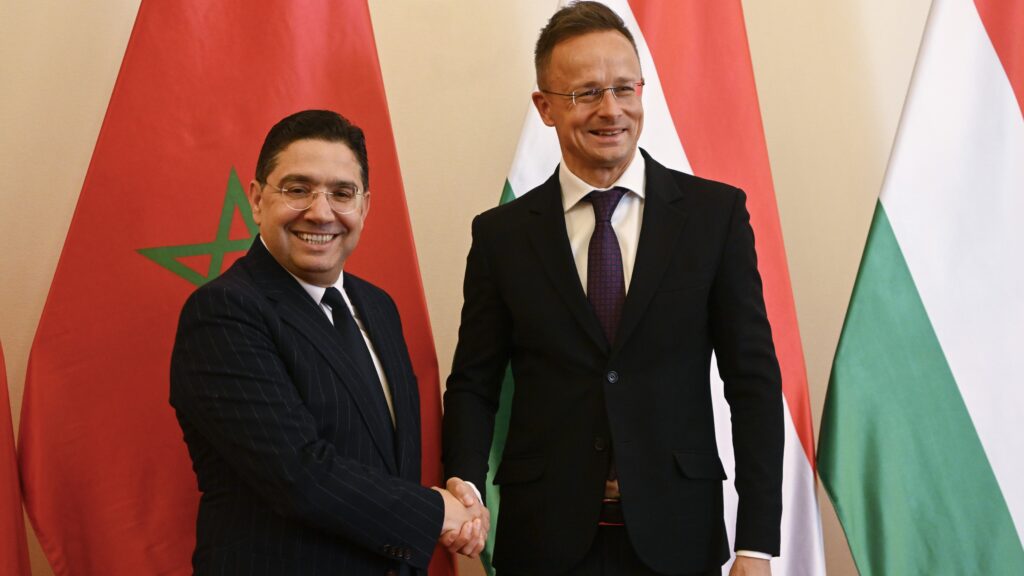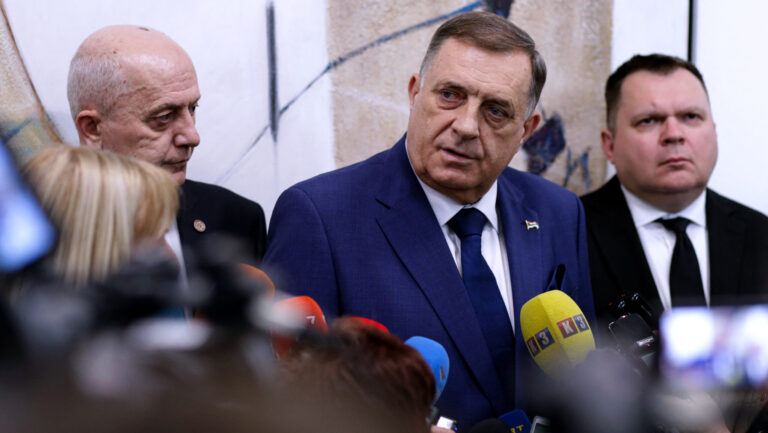While most European countries struggle with finding methods to curb inflation and energy shortages, the reasons behind these phenomena should be analyzed.
Opinion
‘The energy crisis in Europe has affected Hungarian families’, Olivér Hortay remarked in a video that was uploaded to his social media page. ‘Unfortunately, it appears that starting next month, those families using more energy than the norm will have to pay extra.’ The Századvég Foundation’s Head of Energy and Climate Policy Division continued:
‘However, many families in other European nations run the risk of not even having adequate energy, which would prevent them from being able to enjoy the warmth of their own houses. We need to establish the three prerequisites for a solution. The situation is dire. Western politicians must first alter their communication methods. Their threatening words are largely to blame for the price rises that have occurred since the start of the war.’
Political messaging is causing prices to rise because of fear
‘Since the beginning of March, the gas embargo has been mentioned by lawmakers who support sanctions, greatly agitating the market. In addition, Russia reduced its gas exports through the Nord Stream 1 pipeline after Germany declared it would stop purchasing energy from Moscow after 2024. Berlin has been preparing the market for this situation to persist as there are currently no transports at all due to pipeline maintenance’, says Hortay. According to him, political messaging is causing prices to rise because of fear.
‘The second aim is to permanently disregard the sanctions that are incompatible with the interests of the European Union and outside the purview of the war. Currently, the energy situation cannot be resolved by peace alone because it wouldn’t be sufficient to resolve some restrictions’, according to the expert.
He highlighted that in addition to following the established procedures, lifting the oil embargo would require completely unrealistic circumstances. However, it has now been established that without Russian energy, Europe would cease to function properly in the near future. Therefore, it is not only necessary to achieve peace now but also to reassess the harmful sanctions system. This should not even be questioned in relation to additional energy-related restrictions.
‘Finally, despite receiving less attention, the energy crisis has overtaken the conflict in importance. Despite the disagreements, the European energy market has experienced infrastructure problems; this is primarily because of the ineffective energy policies of Brussels. Reforming the earlier EU ambitions will be extremely important to fully resolve the current situation. The fact that EU policy is based on artificially inflating prices and lowering the community’s reliable production capacities is unacceptable. We need to work toward reliable and affordable energy instead’, Olivér Hortay continued.
The Prices Soar in Europe
According to the Hungarian economic blog Világgazdaság, the stunning magnitude of energy price hikes is having an impact on global inflation as well as the economic performance and growth of European countries. The trends from previous years and the data at hand indicate that Europe is unable to handle these changes and problems. While the United States and the nations of the Far East have traditionally quickly recovered from crises, the European Union is experiencing greater losses and is steadily losing market share in the global economy. This is the outcome of a string of related catastrophes. The process started with the global financial crisis of 2008, which was followed by the migration crisis, the coronavirus crisis, and finally the migration crisis, the impacts of which brought down the world’s economy.
Numbers
The epidemic disrupted the global economy’s established order and harmed supply chains. In 2020, the EU’s economy contracted by 5.9 per cent. The precarious economic condition was reflected in the soaring cost of energy. By the spring of last year, the EU had barely emerged from the pandemic’s problem and was confronted with a developing energy crisis, which was made worse by the war that had broken out in February. The conflict-related inflation is evident in the rising prices of power and other commodities on the global market.
Looking at the stock market, the one-year forward price of electricity surged by 515.4 per cent to 371.9 euros per megawatt hour on 6 July 2022, from 60.4 euros per megawatt hour in May 2021. The data readily available also demonstrates unequivocally that the Russian-Ukrainian conflict only made matters worse, pushing up electricity prices by 128.3 per cent in comparison to February 2022. The cost of gas has also significantly climbed on the Dutch stock market. From 21.6 euros per megawatt hour in May 2021 to 162.3 euros per megawatt hour today, the one-year forward price increased by 650.3 per cent.
The price of electricity surged by 515.4 per cent to 371.9 euros per megawatt hour, from 60.4 euros per megawatt hour
The battle has had an impact on gas prices, which have increased by an additional 157.3 per cent since the start of the Russia-Ukraine conflict. Overall, the cost of electricity increased by 515 per cent in just over a year, while the gas by 650 per cent in the same time frame.
Hungarian Defence
By keeping the utility cost reduction programme in place, the government is shielding Hungarian families from this unbelievable price increase. Sectors that had large increases in profits during the crisis are also helping to fund the scheme’s continuation by paying the windfall tax in the spirit of fair burden-sharing.
The increasing prices of energy and gas on the international market are another indication that the majority (or roughly 80 per cent) of the present inflation rate is due to events outside of Hungary. It is also obvious that the war’s fueling of the energy price explosion has had a substantial negative impact on the value of the Hungarian currency, the forint, by significantly increasing inflation as well as creating a great deal of uncertainty.
Causes
Hungary is still stable compared to other European countries
In conclusion, despite the gravity of the situation, there is still hope. Western leaders; however, need to alter their strategy in order to find a solution. Before the enraged European masses force them to, it might be wise to take this action. It is also imperative to mention that the data shows that Hungary is still stable compared to other European countries. The reduction in utility costs is still working, despite having some exceptions in the future. It also becomes clear that the inflation is not caused by events in Hungary, but rather by the war itself, the sanctions imposed on Russia, and the aggressive communication of European politicians.








